Struggling with hair fall? Try these 7 easy remedies
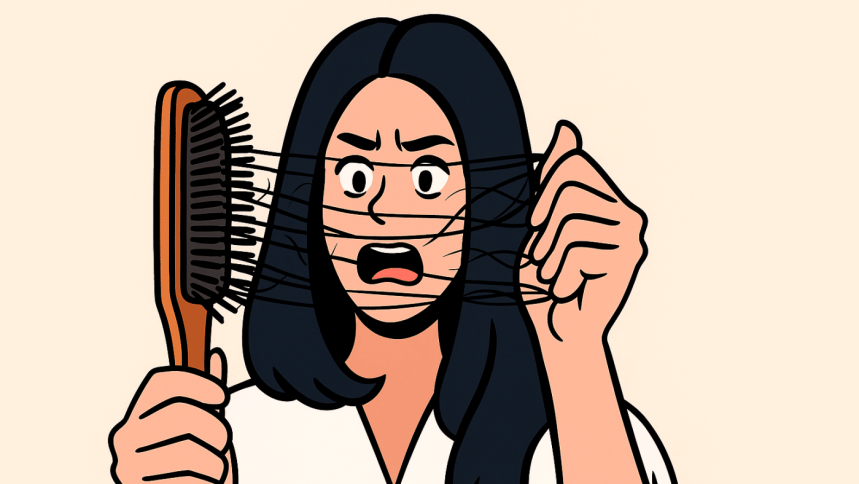
Imagine running your fingers through your hair, only to find more strands in your palms than you'd like. A full head of hair is a blessing many of us tend to take for granted, and often, it's not until it's too late that we begin to realise just how much we are losing. Thankfully, hair fall can almost always be managed through some simple hair care habits.
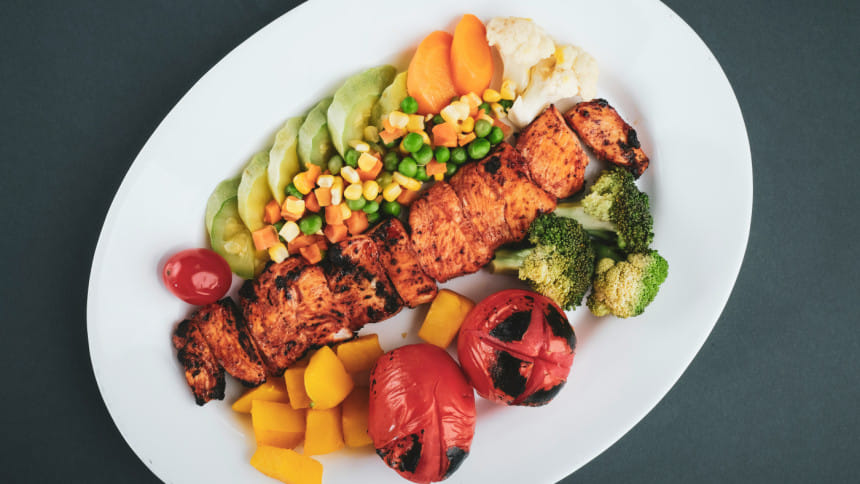
Eating right for hair care
A balanced diet, with special attention to protein and Omega-3, can generally boost hair health. Eggs, chicken, legumes, flax seeds and oily fish are all the items you can include in your diet to ensure root strength and hair growth.
Make it a point to add two eggs (whites only, if you wish) to your plate daily and see a visible difference in a few months.
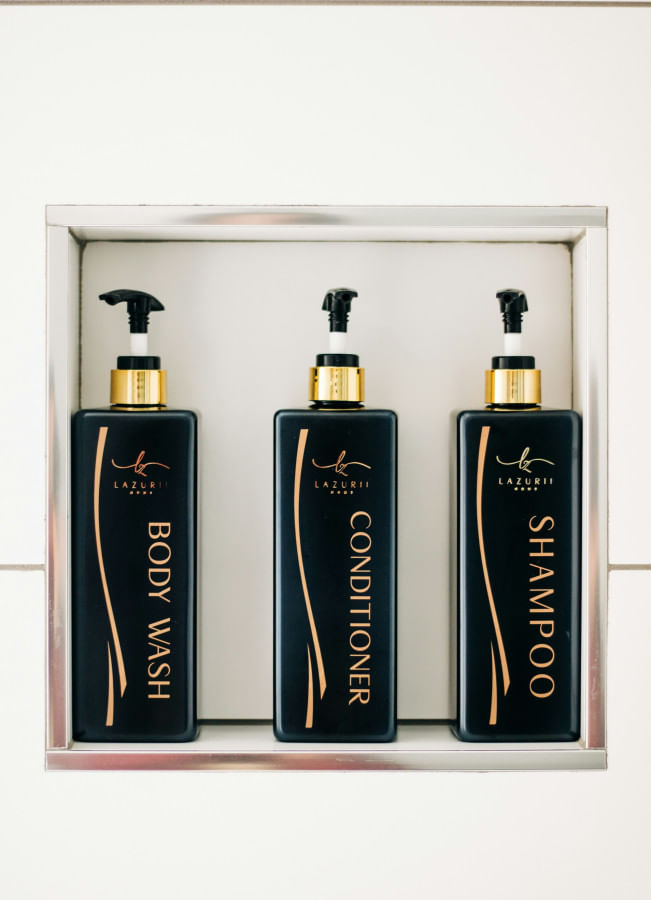
Choose hair care wisely
Many of the shampoos and conditioners we use today contain harsh chemicals such as sulphates that play a role in deteriorating scalp health. Choose gentle, cleansers to help reduce irritation. This can, to some extent, aid in relieving issues such as dandruff and scalp psoriasis, which are common catalysts of hair thinning and hair fall.
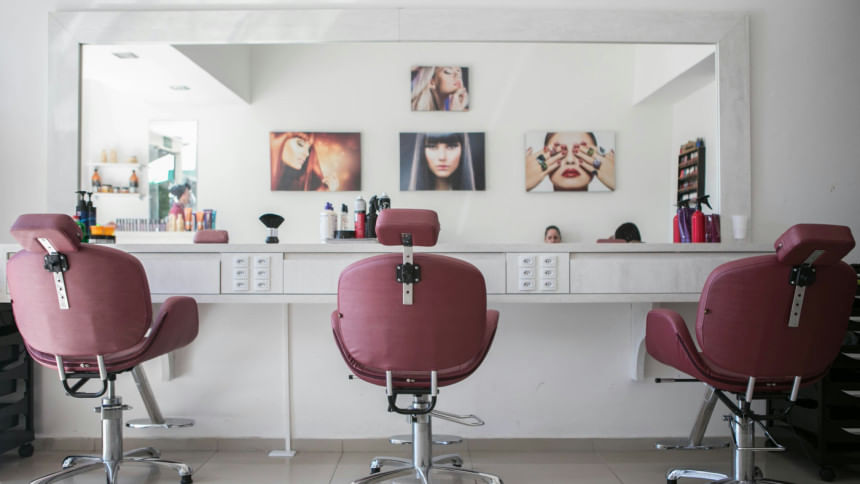
Harsh chemicals and treatments
Perms, hair dyes, and bleaches are harsh on the hair and often involve the use of chemicals and scalp irritants which can damage hair in the long run. Similarly, exposing hair to heat through the use of straighteners, blow dryers and curling irons can also weaken hair, if used excessively or over a long period of time.
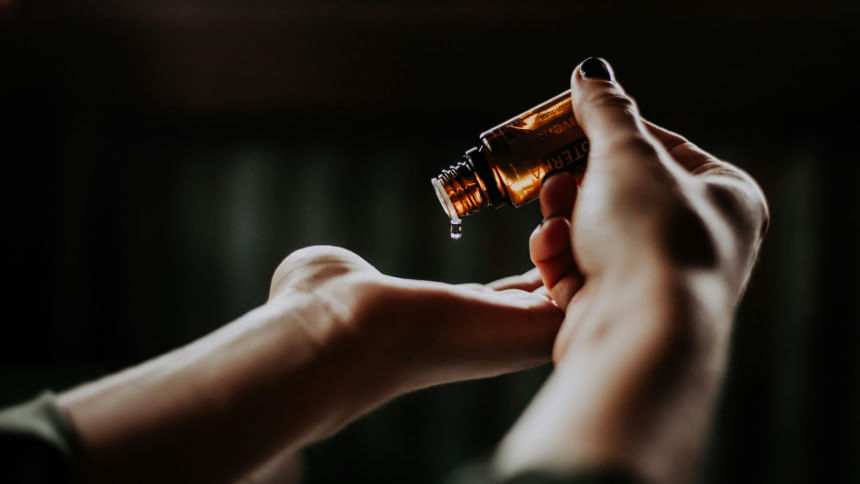
The right kind of pampering
Good hair care demands time. Using a tried and tested hair oil and a moisturising hair mask once a week can make a great deal of difference to your tresses. Choose anti-hair fall ingredients such as onions, fenugreek, and essential oils such as rosemary or tea tree to make these masks as these herbs can organically take care of scalp health. Choose leave-in hair serum to protect your locks from sun damage.
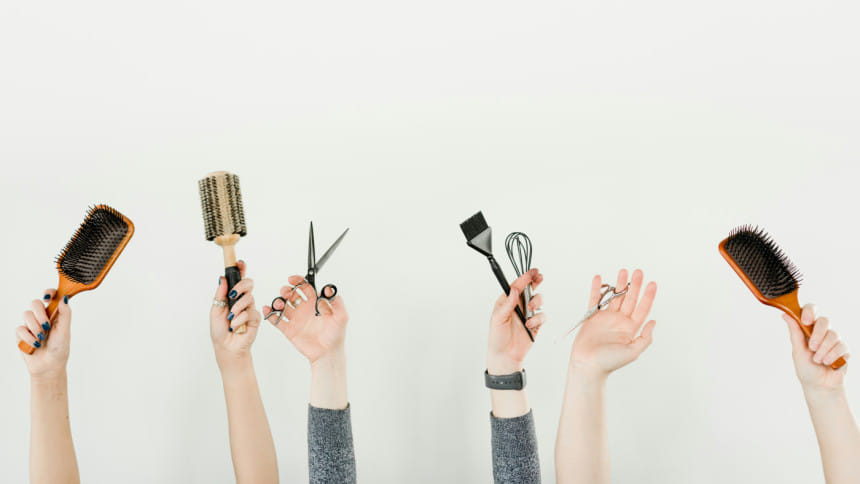
Hair maintenance
Trimming hair every six months is healthy as it gets rid of split ends and prevents breakage, improving hair health and making it look fuller. It is important to choose the right tools to style hair, such as wide toothed combs and wide bristled hairbrushes, instead of finer ones. Go for loose hairstyles instead of tighter hairdos, and massage your scalp every night to induce blood circulation. Sleep, when you can, on silk pillowcases to reduce friction and curb hair loss at night.
Manage deficiencies
If hair fall is on the extreme side, go to a good dermatologist and get some tests run. Deficiencies such as Vitamin D can cause extreme hair fall but it can almost always be reversed through having supplements.
Stress management
More than all of this, what can really help keep hair fall at bay is managing stress levels. Hair fall is a common malady in both men and women, but it is important to not let it get under your skin too much. Stop touching your hair and pulling out clumps of it, looking in the mirror for bald patches or peek into the shower drain to monitor hair loss. Take your mind off the problem and let nature and your efforts fight the good fight.

 For all latest news, follow The Daily Star's Google News channel.
For all latest news, follow The Daily Star's Google News channel. 








Comments